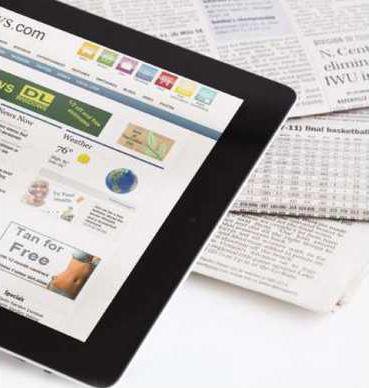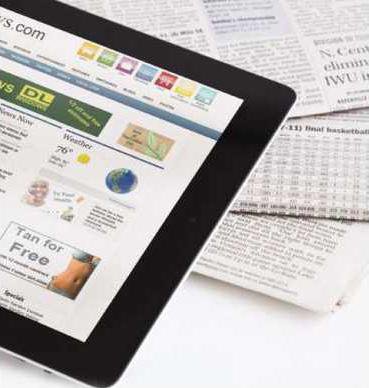![]() “How can technical change be introduced with such regard for the culture pattern that human values are preserved?” Such was the question posed by the renowned cultural anthropologist, Margaret Mead, in the book “Cultural Patterns and Technical Change.”
“How can technical change be introduced with such regard for the culture pattern that human values are preserved?” Such was the question posed by the renowned cultural anthropologist, Margaret Mead, in the book “Cultural Patterns and Technical Change.”
She went on to write, “What use to introduce a tractor which made the yield of the grain fields greater, if in so doing the whole distinguishing fabric of life which had characterized a society would be ripped into shreds? … How much destruction of old values, disintegration of personality, alienation of parents from children, husbands from wives, students from teachers, a neighbor from neighbor, of the spirit of man from the faith and style of his traditional culture must there be?”
Fifty-eight years later, our society continues to struggle with the same challenges now brought about by technology that has created today’s digital revolution. Today, Harvard professors Erik Brynjolfsson and Andrew McAfee's book, "Race Against The Machine,” raises similar questions. How are we going to distribute the benefits of this abundant economy? And the harder question: What is a meaningful life going to look like? Where will dignity and self-worth come from in the 21st century if not from a job?
Many of today's jobs are being done by machines and computers, which raises the question, what jobs will be left for humans? According to the authors, it is those jobs that are complementary to computers such as data scientists and computer programmers, as well as jobs that machines are not good at — jobs that require empathy, relationships and sensory perception. History has shown that as technology develops, industries and jobs are destroyed and new ones are created. Today's thriving companies are more productive and doing so with fewer people.
Mead points out, “Through the centuries most of the peoples of the world have lived close to fear — fear of hunger, of cold, of chronic illness, of ignorance. In those societies or at those periods which later have been called great, a small proportion of the population have been elevated above some of these fears; their food and drink, the care and protection of their children, their control over the knowledge that mankind had accumulated so far was assured. The others, ninety–nine percent, remained relatively wretched.”
Now, our society is more divided, more polarized. Where 1 percent are doing very well, 99 percent are not, and the disruption of cultural patterns has changed the family structure, parent and gender roles, child rearing and jobs. For some, the value of caring for our neighbor is vanishing and replaced with self-fulfillment. We seem to be victims of our abundance where those that have more have lost understanding about those that have less. Empathy is being replaced with, “It’s their choice.”
The introduction of technology always disrupts the cultural patterns of a society, how individuals look out for and care for each other, including its social and political institutions. Today’s world, driven by technology that is changing exponentially, makes the challenge of clinging to our old values more critical than ever before. Each generation has found ways to deal with technological change while living and keeping its common values. It’s inherent in the human spirit. We can do the same.
Email: jdflorez@comcast








